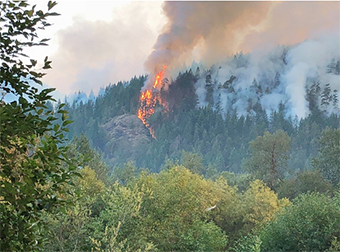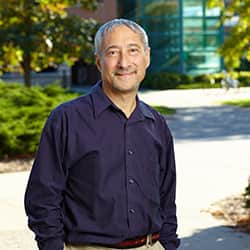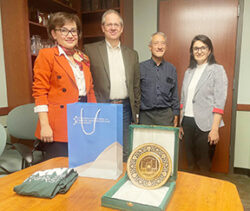
Meeting with Journalism School director Tim Vos
For the past two weeks, the J-School hosted representatives from the Journalism & Mass Communications University of Uzbekistan as part of a capacity-building environmental and health reporting project funded by the U.S. Embassy in Uzbekistan.
Knight Center director Eric Freedman developed the project and secured the grant.
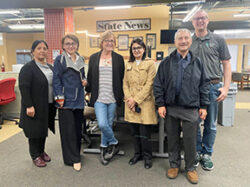
At the State News
Nozima Muratova, who led the delegation, is the vice rector for research and innovation at the 4-year-old university in Uzbekistan’s capital, Tashkent. Mukarram Otamurodova is a Ph.D. student who teaches an environmental, health and science course. Dilnora Azimova, who earned her master’s degree in MSU’s Health and Risk Communication Program, is a project consultant.
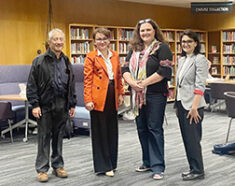
With journalism librarian Kathleen Weessies
They gave guest lectures in environmental reporting and health & risk communication classes, met with Michigan environmental and health communicators and reporters, and led a brown bag discussion of Uzbekistan’s media landscape for the MSU Center for European, Russian and Eurasian Studies.
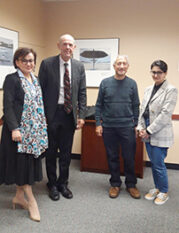
Meeting with Steve Hanson, Associate provost and Dean of International Studies & Programs
They also visited the Detroit News, Crain Communications, Detroit Public TV and the State News and met with MSU’s dean of International Studies & Programs.
In addition, they toured three environmentally significant sites: MSU’s Horticultural Gardens, Saugatuck State Park and the Granger landfill in Lansing.
Freedman is scheduled to visit their university later this month under the State Department grant.

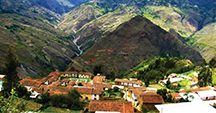
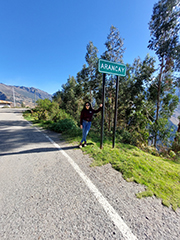
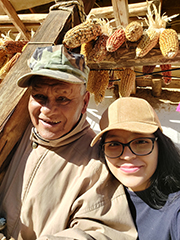 He also told me that, in the past, the inhabitants had to walk since there was no road, and to make a short trip, they had to pass by the edge of a lagoon called Negrococha lagoon. They gave it that name because in the middle is a black statue.
He also told me that, in the past, the inhabitants had to walk since there was no road, and to make a short trip, they had to pass by the edge of a lagoon called Negrococha lagoon. They gave it that name because in the middle is a black statue. 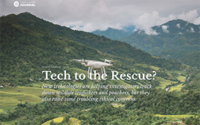 From electronic “noses” that can detect the scent of native Australian lizards to the DNA of individual trees to acoustic devices that capture the sound of gunshots, new technologies are helping investigators track down and prosecute wildlife traffickers and poachers.
From electronic “noses” that can detect the scent of native Australian lizards to the DNA of individual trees to acoustic devices that capture the sound of gunshots, new technologies are helping investigators track down and prosecute wildlife traffickers and poachers.
